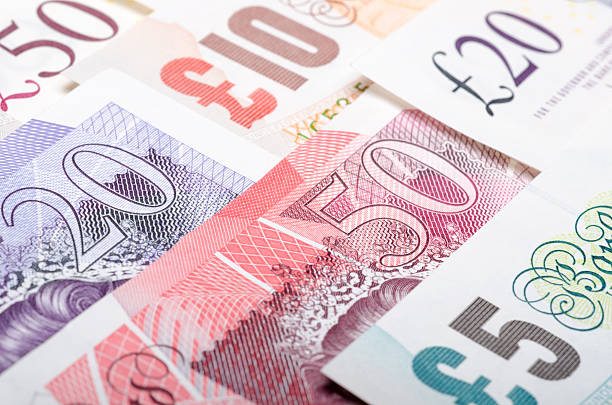EUR/GBP trades with mild losses below 0.8500 ahead of ECB’s Lagarde speech

- EUR/GBP weakens to 0.8470 in Wednesday’s early European session.
- The uncertainty surrounding UK general elections and the BoE's rate cuts might cap the upside of GBP.
- Investors await the Eurozone PMI data for June and the ECB’s Lagarde speech on Wednesday.
The EUR/GBP cross trades on a softer note around 0.8470 during the early European session on Wednesday. The softer inflation in the Eurozone in June has spurred the hopes that the European Central Bank (ECB) will cut interest rates again this year, which exerts some selling pressure on the Euro (EUR).
The upcoming UK general elections might limit GBP movement ahead of the vote on Thursday before the results potentially trigger some volatility on Friday. Apart from this, the rising bets that the Bank of England (BoE) will cut the interest rate this year are likely to weigh on the British Pound (GBP).
The Eurozone flash Harmonized Index of Consumer Prices (HICP) came in at 2.5% YoY in June, in line with consensus expectations, Eurostat reported on Tuesday. Meanwhile, the core HICP increased 2.9% YoY in the same period, above the market consensus of 2.8%. ECB Chief Economist Philip Lane said that the incoming June data “seem to be in line with the ECB assessment” while also continuing to signal the possibility of further rate cuts.
Later on Wednesday, investors will keep an eye on the Purchasing Managers Index (PMI) data from Germany, France, and the Eurozone. Also, the speeches from ECB’s Luis de Guindos, Piero Cipollone, Philip Lane, and Christine Lagarde will be the highlights on Wednesday.
Euro FAQs
What is the Euro?
The Euro is the currency for the 20 European Union countries that belong to the Eurozone. It is the second most heavily traded currency in the world behind the US Dollar. In 2022, it accounted for 31% of all foreign exchange transactions, with an average daily turnover of over $2.2 trillion a day. EUR/USD is the most heavily traded currency pair in the world, accounting for an estimated 30% off all transactions, followed by EUR/JPY (4%), EUR/GBP (3%) and EUR/AUD (2%).
What is the ECB and how does it impact the Euro?
The European Central Bank (ECB) in Frankfurt, Germany, is the reserve bank for the Eurozone. The ECB sets interest rates and manages monetary policy. The ECB’s primary mandate is to maintain price stability, which means either controlling inflation or stimulating growth. Its primary tool is the raising or lowering of interest rates. Relatively high interest rates – or the expectation of higher rates – will usually benefit the Euro and vice versa. The ECB Governing Council makes monetary policy decisions at meetings held eight times a year. Decisions are made by heads of the Eurozone national banks and six permanent members, including the President of the ECB, Christine Lagarde.
How does inflation data impact the value of the Euro?
Eurozone inflation data, measured by the Harmonized Index of Consumer Prices (HICP), is an important econometric for the Euro. If inflation rises more than expected, especially if above the ECB’s 2% target, it obliges the ECB to raise interest rates to bring it back under control. Relatively high interest rates compared to its counterparts will usually benefit the Euro, as it makes the region more attractive as a place for global investors to park their money.
How does economic data influence the value of the Euro?
Data releases gauge the health of the economy and can impact on the Euro. Indicators such as GDP, Manufacturing and Services PMIs, employment, and consumer sentiment surveys can all influence the direction of the single currency. A strong economy is good for the Euro. Not only does it attract more foreign investment but it may encourage the ECB to put up interest rates, which will directly strengthen the Euro. Otherwise, if economic data is weak, the Euro is likely to fall. Economic data for the four largest economies in the euro area (Germany, France, Italy and Spain) are especially significant, as they account for 75% of the Eurozone’s economy.
How does the Trade Balance impact the Euro?
Another significant data release for the Euro is the Trade Balance. This indicator measures the difference between what a country earns from its exports and what it spends on imports over a given period. If a country produces highly sought after exports then its currency will gain in value purely from the extra demand created from foreign buyers seeking to purchase these goods. Therefore, a positive net Trade Balance strengthens a currency and vice versa for a negative balance.








